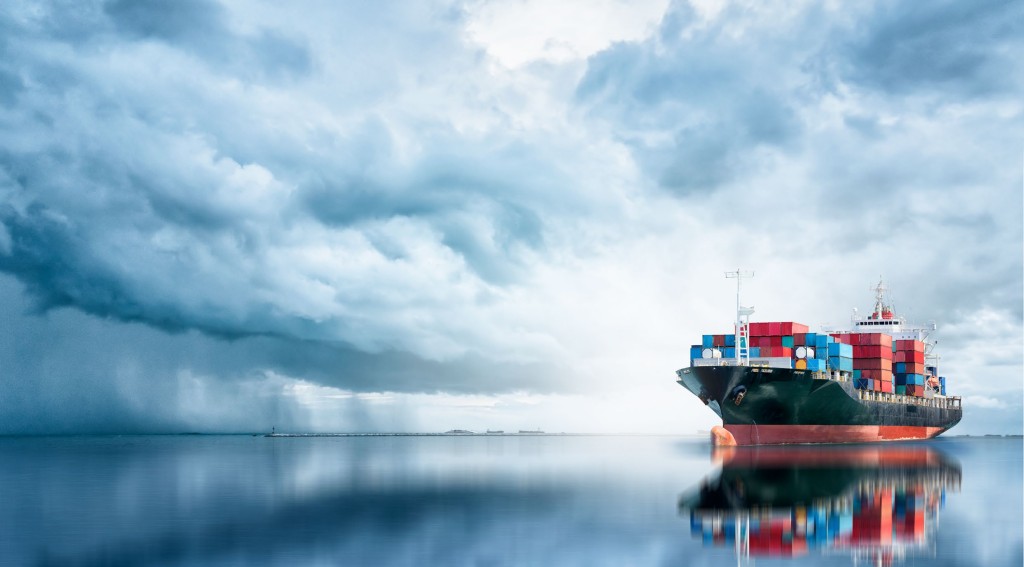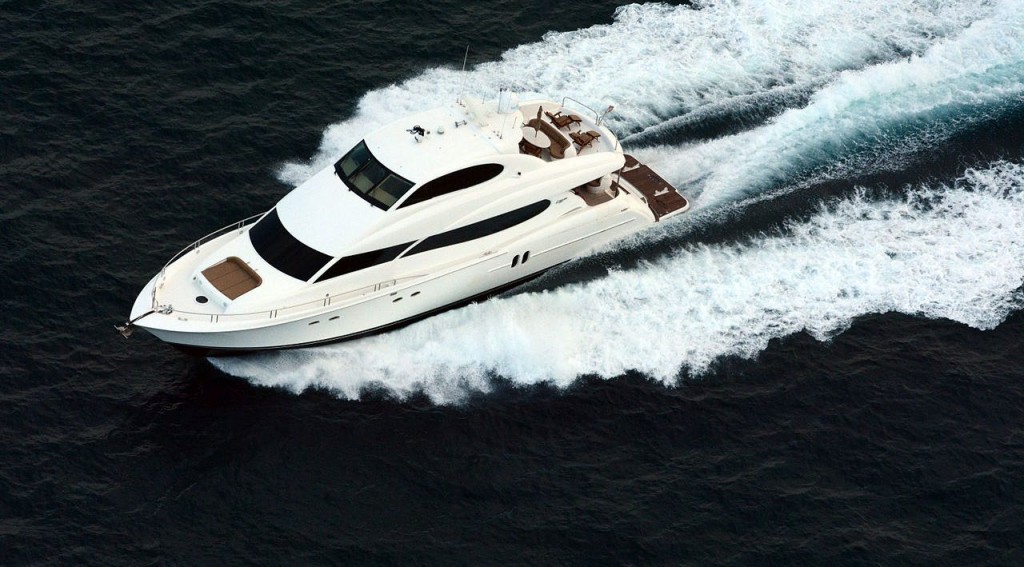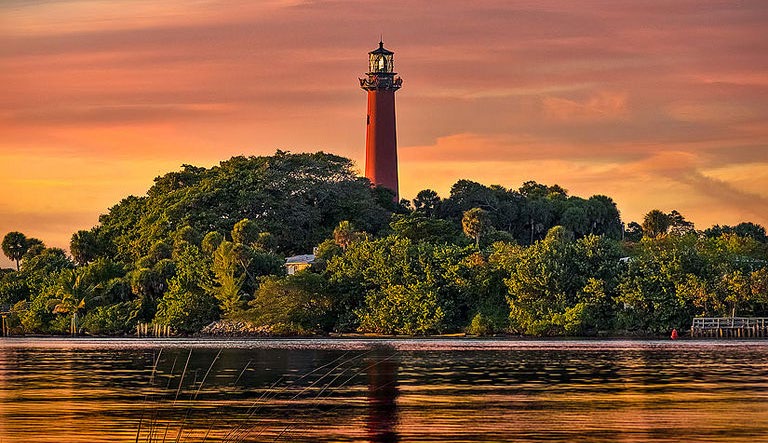
Powerful marketers Jackie Lee-Joe, Pete Markey, Margaret Jobling and Rueben Arnold (of BBC Worldwide, Aviva, British Gas and Virgin Atlantic) shared their future plans at a fabulous Creative Brief breakfast event, Modern Marketing Leadership I attended last month. These guys are at the top of their game, working for leading global brands – so what was their advice for surging ahead in this culturally diverse, technology-driven environment?
Lee-Joe, CMO for BBC Worldwide, revealed that they are focusing on one thing: empowering their teams with more knowledge from within. In essence, they want them to experience working with other teams outside of their recruited role.
The BBC calls this Hot Shoes: two-week placements within different divisions of the company. Likewise, Pete Markey, Brand Communications and Marketing Director at Aviva, made it known that they are now bringing agency expertise in-house temporarily by way of appointment, to become ‘one of them’ for seven months.
These insights from Aviva and BBC Worldwide were just two examples of major modern companies utilizing integration and collaboration to evolve and survive in their competitive markets.
What I loved about this event was the consensus between these four marketers. They are all focusing back on their customers once more. They know that communication is a two-way dialogue. They know they need to have their values, purpose and strategy aligned throughout their companies. They know they need to share this with their employees and talk in a consistent tone of voice to their customer and suppliers. They know this – but they are using it to drive action, now.
Now most entrepreneurs will ask why this is news. For them, all companies know their customers.
You’d think so – but sometimes, big is as much a hindrance as an advantage. A heavy super tanker will require a long braking distance before it can stop, whereas a small, agile speedboat can pause or turn in the blink of an eye.

“Major modern companies are utilising integration and collaboration to evolve and survive in their competitive markets.”
In a world that is changing fast, large companies need to find ways to outmanoeuvre the start-up speedboats – to use their size as an advantage. Companies like BBC Worldwide are doing just that – by using the size of their staff (the ‘crew’ of their tanker) they have a resource for collaboration and integration that a start-up can only dream of.
That isn’t to say that a large company is static – marketers who spoke at this event understand that they need to consistently whisper brand truths (keep the tanker moving in one direction) and remain true to their brand identity. Start-ups’ smaller size can unwittingly lead to confusion of strategy, flitting like a drunk mosquito from idea to idea without the stamina to fly far.

Different sized corporations have different challenges – so in order to stay agile, it’s vital to work with the existing framework.However, many multinational companies lose sight of the bigger picture and really do need to reassess their branding.
If a product starts failing, it gets re-launched with a larger advertising budget. Dave Trott surmises that around £18.3 billion is spent in the UK on all forms of advertising. We know that 4% of this is remembered positively, 7% is remembered negatively and 89% isn’t noticed or remembered.
That’s roughly £17 billion wasted by misguided brand activity every year.
“That’s roughly £17 billion wasted by misguided brand activity every year.”
The question is, how can brands achieve focus? Switch off those engines for a while and create more time. Rather than trying to ‘do’ for the sake of it, take time to understand internally what your brand proposition stands for, what this means for the growth of your company vision, how this relates to your employees.
In general terms, successful super tanker delivery is 10% propulsion, 90% navigation, and it’s the same with branding – strategy is key.
A strong brand also needs to be honest about areas of weakness – to plug up any leaks in their ship. Once everyone knows where you are heading and what you stand for, I can assure you that those who don’t agree will jump ship. Those that stay will build in a more transparent and collaborative way, as long as they are encouraged.
That’s where the transformation comes in – using outside expertise to help steer your company in one clear direction. This comes with many benefits that an inside team simply cannot match. Most agencies are hired for their expertise, but what gives a great agency their edge is a sense of competitive entrepreneurial spirit, which is a valuable asset for large multinational corporations. In an age of specialists, sometimes you need a strategist rather than a tactician.
“This is way beyond successful creative branding – this is the lighthouse guiding your ship into harbor.”
The chameleon-like nature of agency teams makes them highly attractive as an outside resource – something that internal employees might struggle to emulate when focused on one brand.
Consultants like Honey maintain a keen competitive edge and, because of their diverse experience, can share cross category insights, which often transforms products and services. This is way beyond successful creative branding – this is the lighthouse guiding your ship into harbor.
So how do you create real change within your brand? Find the best people to work with, especially those outside of your business.
At Honey, we start by setting key objectives to align and pull your company together, focusing resources to create a synergised and empowered organisation.
If your brand is in need of integration and you would like to know how Honey Creative can help you or your business, please get in touch.
